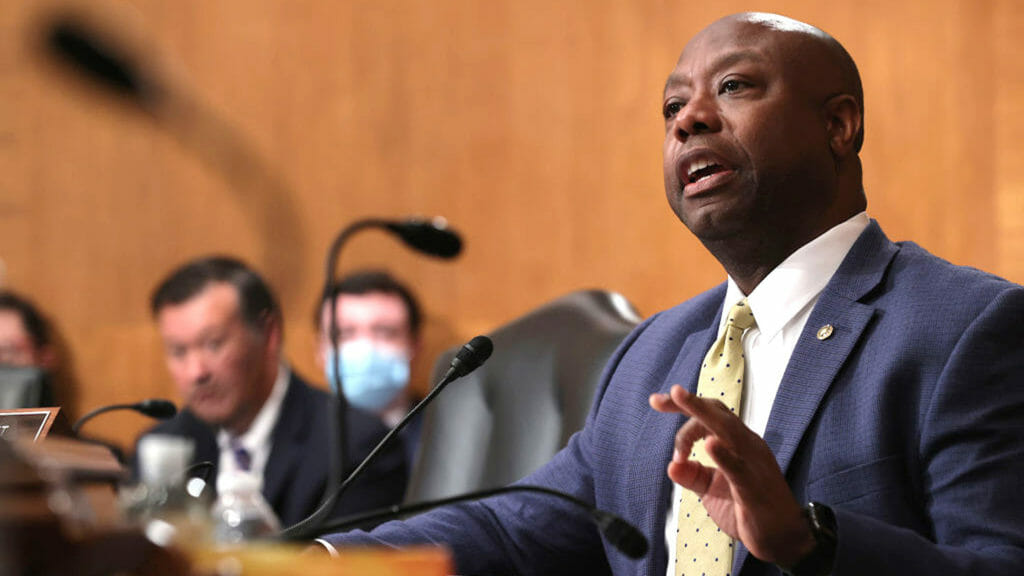
Policy experts implored Congress Wednesday to streamline and simplify Medicaid’s home-and-community-based-services waiver system, calling it an obstacle to home care in many states.
During a hearing before the U.S. Senate Special Committee on Aging, Lisa Harootunian, associate director for the Bipartisan Policy Center’s Health Program, said states offer HCBS programs through Section 1915 (c) waivers because they allow them to target subpopulations and different regions. She said each state uses an average five different waivers, with some using up to a dozen different waivers. Harootunian told the committee administrative burdens and confusion make it difficult for Medicaid and Medicare dual-eligible seniors to access home care.
“BPC recommends streamlining and simplifying the Medicaid HCBS waiver and state authorities into a single amendment that retains much of the flexibilities of existing authorities,” Harootunian said. “Ultimately this change should improve access to services for Medicaid beneficiaries.”
HCBS efforts
Bipartisan efforts to fund HCBS are making slow progress through Congress. The Biden administration’s Build Back Better initiative, which stalled in the Senate last year, would provide $150 billion for home-based services and prop up wages for direct care workers who get paid by Medicaid. The Better Care Better Jobs Act would also provide funds that would support caregivers for 3.2 million older adults and people with disabilities.
Anne Tumlinson, CEO of long-term care consulting firm ATI Advisory, said if Congress doesn’t act quickly to support HCBS funding, some of the 44 million Americans who are juggling work and family caregiving responsibilities could leave their jobs at a time when demand for workers across all industries is skyrocketing.
“Family caregivers tell me all the time about how they quit their jobs or cut back,” Tumlinson said. “They spend less time with their children. They get sick. They spend their own resources and often their only choice, aside from quitting, is a nursing home [for loved ones] because they can’t find adequate support in the community.”
Beyond Medicaid
Although Committee co-chairman Tim Scott (R-SC) said he favored more support for HCBS, he argued that Medicaid-funded programs should not be the only solution to the caregiving crisis.
“We need to look for other solutions,” Scott said. “We need a self-directed care approach and more flexibility in the long-term care insurance market.”



